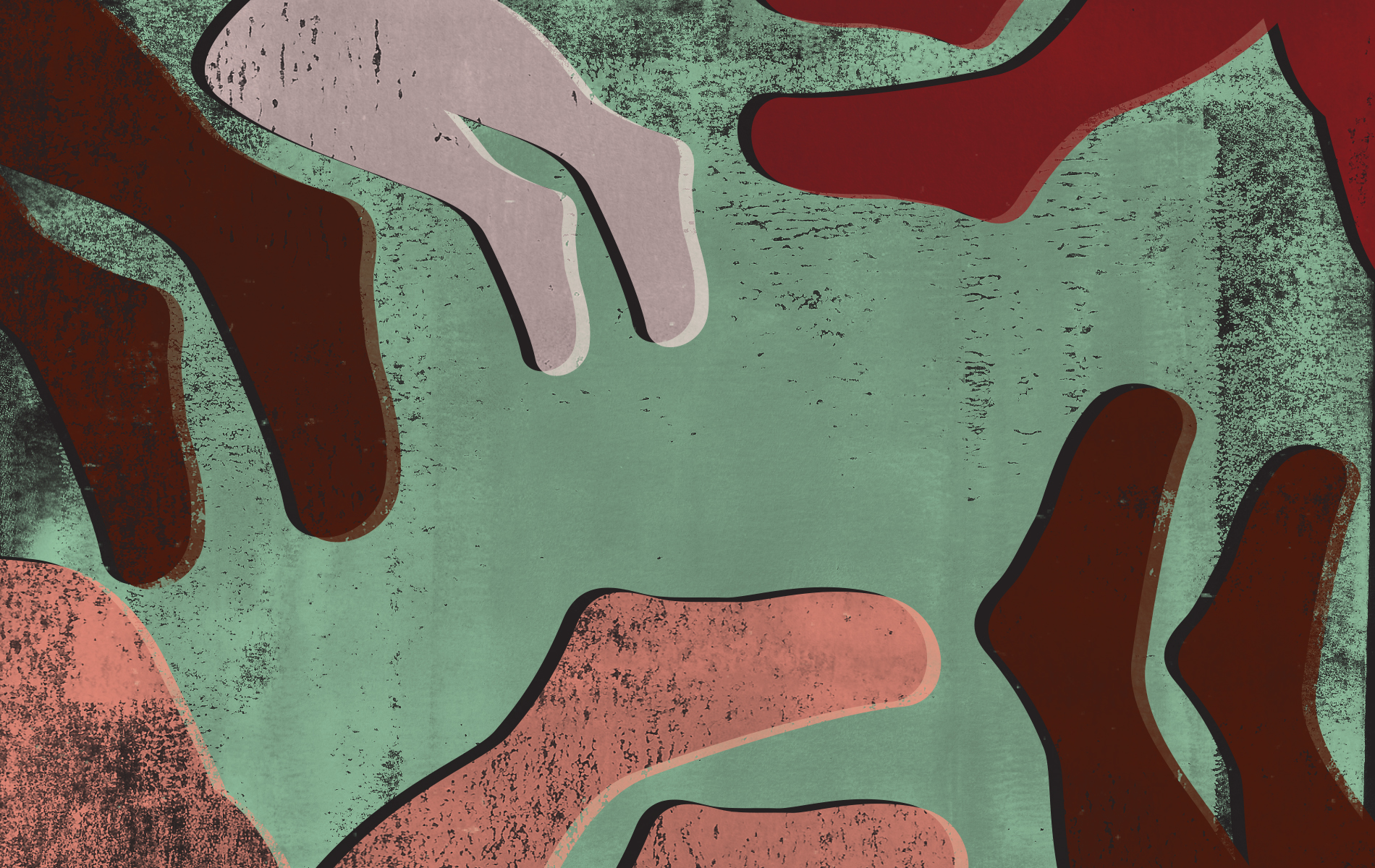In a follow up to her longform feature, “The Man Who Stopped Traffick”, Paromita Pain highlights the biggest issues facing women’s safety in India right now.
by Paromita Pain
A year and half ago, India was rocked by protests sparked by the heinous rape of a 23-year-old female intern on a moving Delhi bus. Termed “Nirbhaya” or “the fearless one” by the media for her relentless fight to bring her perpetrators to justice, this incident resulted in women from all walks of life joining the fight for women’s safety in the country. This coming together of common people, especially women, has made headlines in the international media.
But Ajeeth Singh, the awarded anti-trafficking crusader from Varanasi and founder of the rehabilitation unit Gudia, remained unimpressed. “Hundreds of young children get raped in this country and few think it’s important to protest against it,” he had said, barely hiding his bitterness. He had termed the protests “gimmicky” and “hollow,” predicting that they would “achieve little and soon die out.” I had disagreed vehemently with him then, after meeting with him a little more than a year ago to conduct an investigative profile for Issue 01 of The Riveter magazine, but the interview sparked some great discussions about women’s rights in the country.
Singh’s more than 35 years of experience dealing with the dark underbelly of child prostitution in the country had given him insights and wisdom that my naiveté didn’t appreciate then.
As India went to the polls, the issue of women’s safety seemed an important one. Many leaders had lots of fiery speeches to make and for once it looked like this was an issue that was topmost on the political agenda–even the national one. But as one New York Times video showed, it wasn’t what the leaders said, but rather what they implied in their speeches that would make the crucial difference.
And it was here that India’s women realized how hollow the rhetoric for female safety actually was. Samajwadi Party State Chief Abu Azmi said in a pre-election speech that women who have sex, with or without consent, should be hanged. Instead of justice, rape survivors would get the noose. He had also made headlines when he had dared to say in public that women who dressed skimpily deserve the pinches, abuse, and catcalls they are subjected to. But it was his boss, the party chief, who had the dubious honor of dealing out the stunner about two convicted rapists, declaring, “Boys are boys, they make mistakes. ”
India has always been a country that prays to women (there are many female deities in their religious pantheon) while simultaneously subjecting them to horrific violence in private and public spaces. Dowry deaths are on the rise and recently an Indian court declared that “Forced Marital Sex Is Not Rape”. As the New York Times reported, “The judge’s decision, which was made public Saturday, upheld section 375 of the Indian Penal Code, which does not recognize ‘sexual intercourse by a man with his own wife, the wife not being under fifteen years of age,’ as rape.”
“The biggest problem,” says Kolkata-based sociologist Mala Sinha, “is getting the idea of rape recognized as violence, not sex. Once the issue has a sexual angle and most everyday violence against women does, the agenda shifts to how the woman is ‘spoiled’ and how this matter of force ruins her and not the criminal. Ultimately…as a society, (we) must change this attitude, this two-faced attitude against the victim and culprit, and recognize this for what it is: a heinous crime.”
Ajeeth Singh, too, waits for this change. His work therefore involves rescuing and rehabilitating minors trafficked for sex. “You are talking to me about people being serious about protecting women,” he says. “Try and get a child of a sex worker into a regular school and see what we have to deal with. Suddenly the mother is a non-entity. The father’s name is all-important.”
I also wait for the day when I am known for what I am and not whose child or wife I am. After years of living in this country and after hearing our politicians speak, I am wiser now. Now I know what Singh’s work has taught him.
PAROMITA PAIN was 22 when she joined The Hindu, one of India’s most respected broadsheets. Human rights and social developments are her passions. She has written for a wide variety of publication like Women’s eNews, WSJ.Com, Women’s Feature Service and The Women’s International Perspective. A 2012 graduate of the Annenberg School of Journalism and Communication at the University of Southern California, she is now a PhD scholar at The University of Texas at Austin, examining how citizen’s journalism empowers women in developing countries. A feminist and an LGBT activist, Paromita enjoys a long loud laugh when not haunted by the specter of an unfinished PhD. You can follow Paromita Pain on Twitter @ParoP.
Illustration for top art by The Riveter Creative Director, Theresa Berens.




